Why Gen Z want to return to the office
Younger workers 'crave' connection and face-to-face learning

A free daily email with the biggest news stories of the day – and the best features from TheWeek.com
You are now subscribed
Your newsletter sign-up was successful
Gen Z "don't want to show up" to the office, according to JP Morgan boss Jamie Dimon. Alan Sugar has voiced similar complaints, claiming younger employees "just want to sit at home". They are far from the only commentators to suggest that young workers have become attached to remote working and actively resist coming into the office.
But recent research has found, contrary to the stereotypes, Gen Z employees "crave the connection and routine" of in-person work, said the Financial Times, and they're actually "leading the charge back to the office".
'Touching base'
Gen-Z employees go into the office more than any other age group, according to a study from property company JLL. They average three days a week, one more than the national average of two.
The Week
Escape your echo chamber. Get the facts behind the news, plus analysis from multiple perspectives.

Sign up for The Week's Free Newsletters
From our morning news briefing to a weekly Good News Newsletter, get the best of The Week delivered directly to your inbox.
From our morning news briefing to a weekly Good News Newsletter, get the best of The Week delivered directly to your inbox.
Separate research found that 45% of 20-29-year-olds were full-time in an office and were the only age group to say they worked more productively that way. Further analysis suggested that while 35% of Gen X want remote-first roles, this figure falls to 24% for Gen Z.
That makes sense, Pam Lindsay-Dunn, chief operating officer of recruitment company Hays, told The i Paper. When people are "learning the job", they "enjoy touching base", "meeting people" and "being part of a culture".
While it's true that Gen Z employees "expect a healthy balance" between their "professional lives" and their "personal pursuits", Mark Dixon, founder and chief executive of office group IWG, told the Financial Times, they're also "incredibly hard working" people.
'Generational disparities'
Every time a new generation "ages into the work world", the "sky always seems to be falling", and there's "much hand-wringing from their elders", said Alison Green on Slate. Millennials were supposedly "overly entitled participation trophy–chasers" and Gen X–ers were "disaffected slackers", but in "my experience as a manager", such generational generalisations are "usually BS".
A free daily email with the biggest news stories of the day – and the best features from TheWeek.com
It is true, some junior staff are reluctant to commute but their reservations are often financial. A survey of Gen Z workers by Deloitte found that 21% believed "being required on-site full time or on some days has negatively impacted them in a financial sense".
“Why would I, as a young person with student debt, say goodbye to around a quarter of my salary just on trains and the occasional coffee?” a 23-year-old finance worker asked the Financial Times.
Going into the office feels pointless for some younger colleagues because of the discrepancy in attendance between them and older workers, who are more likely to have caring responsibilities that make hybrid or remote working more attractive.
"Generational disparities" create "challenges" for managers, said the paper. They have to "balance competing demands for flexibility from older workers" with younger peers' "desire to learn and meet colleagues".
Chas Newkey-Burden has been part of The Week Digital team for more than a decade and a journalist for 25 years, starting out on the irreverent football weekly 90 Minutes, before moving to lifestyle magazines Loaded and Attitude. He was a columnist for The Big Issue and landed a world exclusive with David Beckham that became the weekly magazine’s bestselling issue. He now writes regularly for The Guardian, The Telegraph, The Independent, Metro, FourFourTwo and the i new site. He is also the author of a number of non-fiction books.
-
 How the FCC’s ‘equal time’ rule works
How the FCC’s ‘equal time’ rule worksIn the Spotlight The law is at the heart of the Colbert-CBS conflict
-
 What is the endgame in the DHS shutdown?
What is the endgame in the DHS shutdown?Today’s Big Question Democrats want to rein in ICE’s immigration crackdown
-
 ‘Poor time management isn’t just an inconvenience’
‘Poor time management isn’t just an inconvenience’Instant Opinion Opinion, comment and editorials of the day
-
 Ski town strikers fight rising cost of living
Ski town strikers fight rising cost of livingThe Explainer Telluride is the latest ski resort experiencing a patroller strike
-
 Employees are branching out rather than moving up with career minimalism
Employees are branching out rather than moving up with career minimalismThe explainer From career ladder to lily pad
-
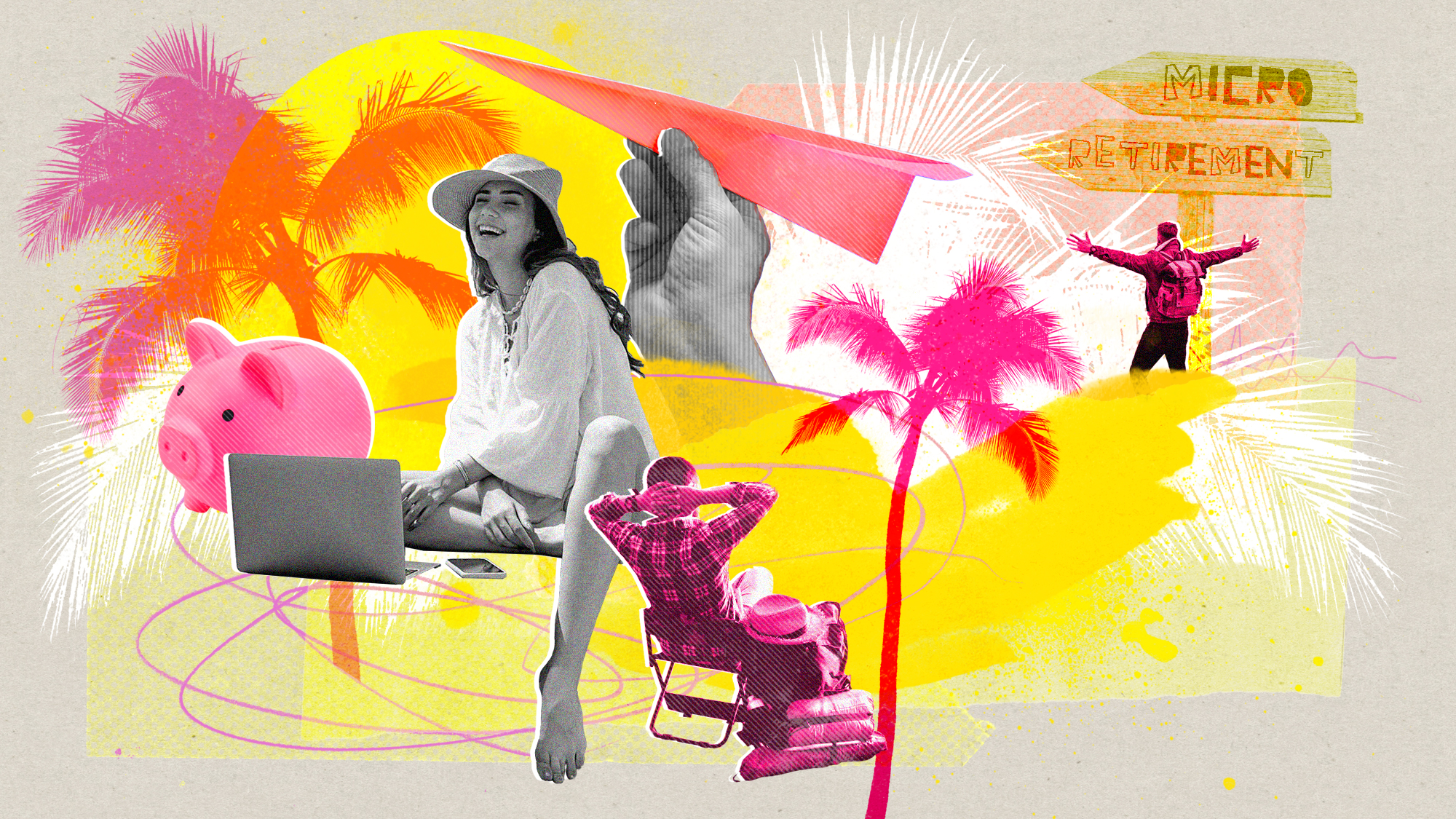 Out of office: Microretirement is trending in the workplace
Out of office: Microretirement is trending in the workplaceThe explainer Long vacations are the new way to beat burnout
-
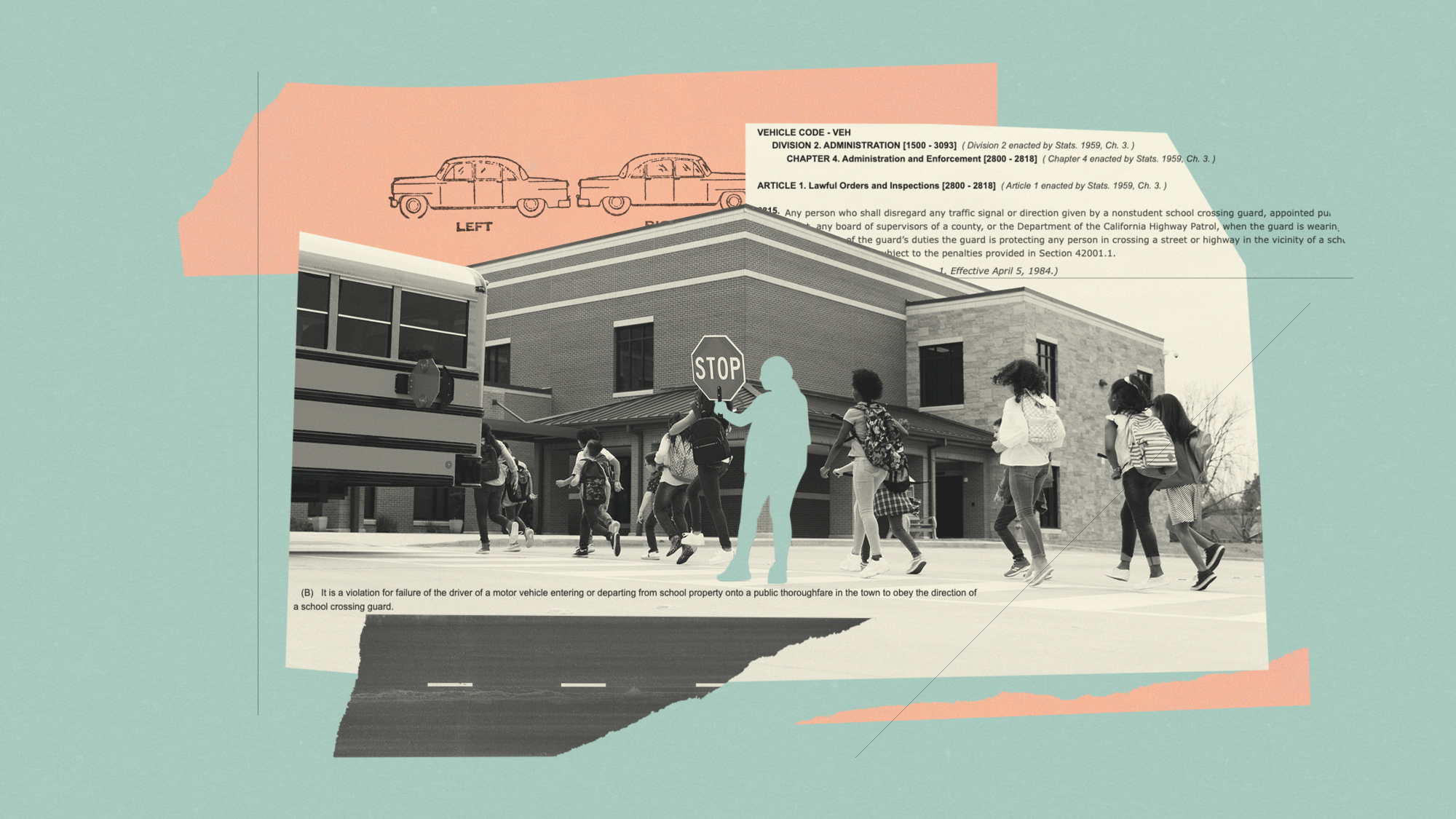 Being a school crossing guard has become a deadly job
Being a school crossing guard has become a deadly jobUnder the Radar At least 230 crossing guards have been hit by cars over the last decade
-
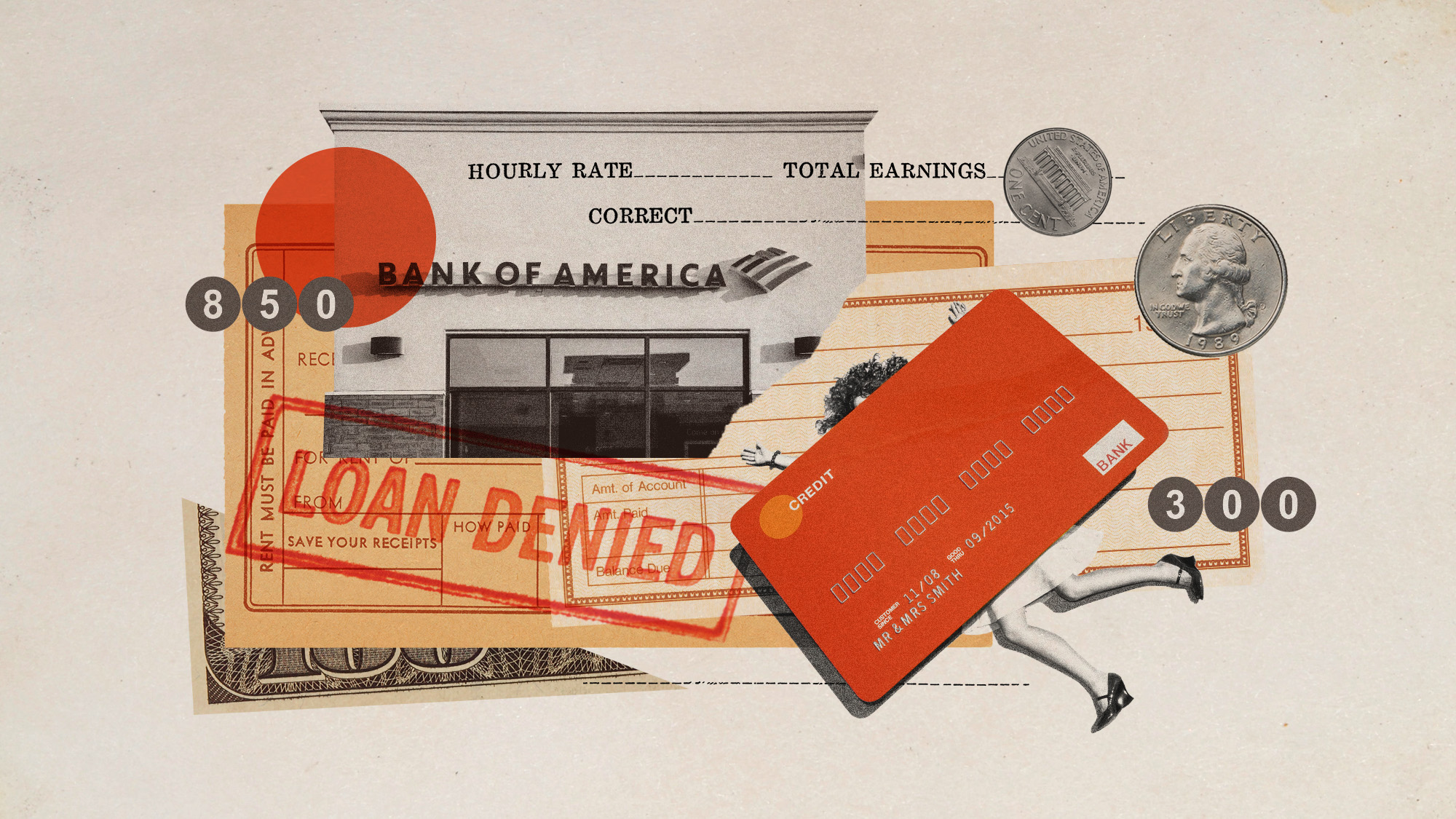 Gen Z is facing a credit score crisis
Gen Z is facing a credit score crisisIn the Spotlight The average Gen Z credit score has dropped three points in 2025
-
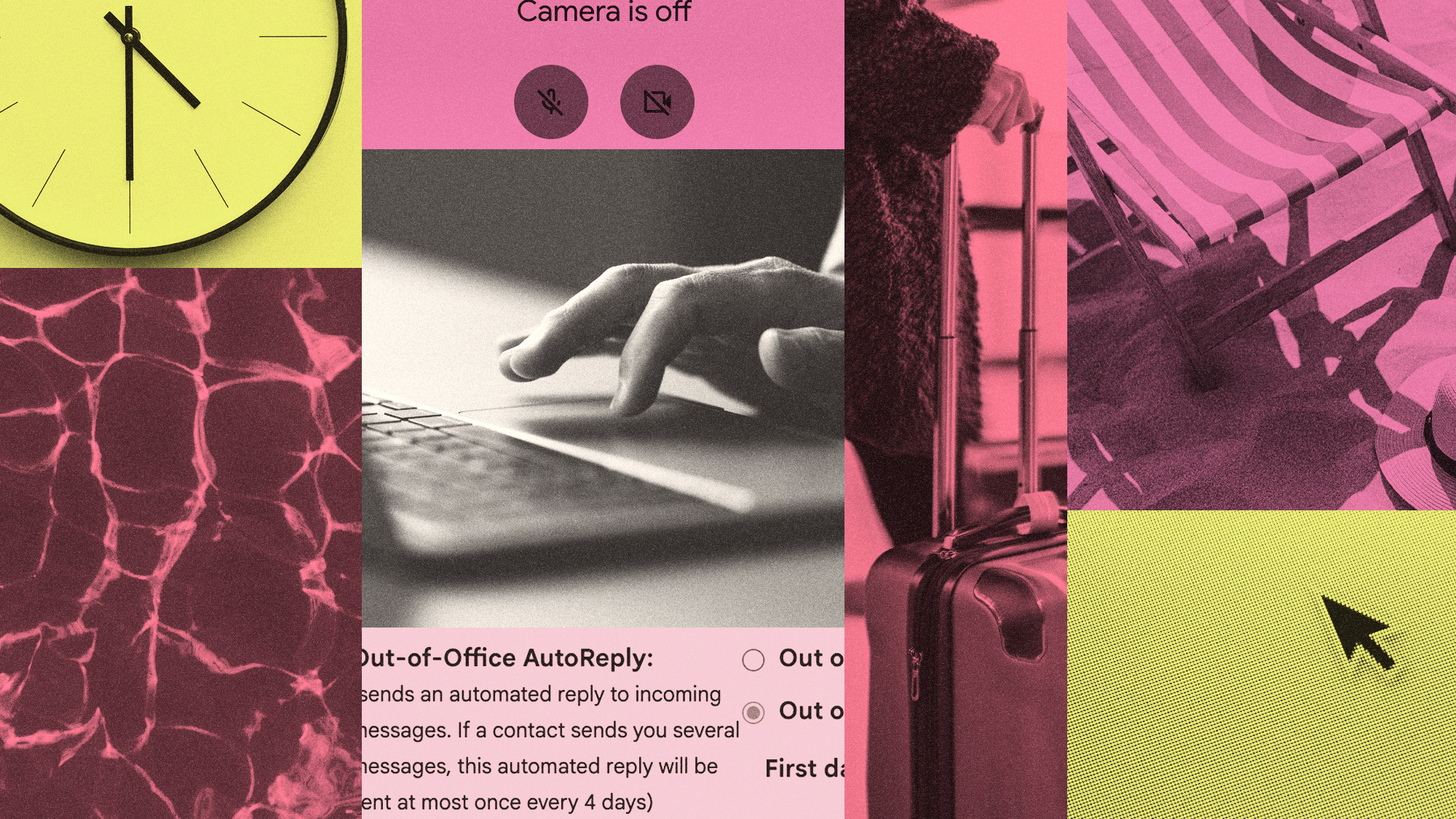 'Quiet vacationing': a secret revolt against workplace culture
'Quiet vacationing': a secret revolt against workplace cultureThe explainer You can be in two places at once
-
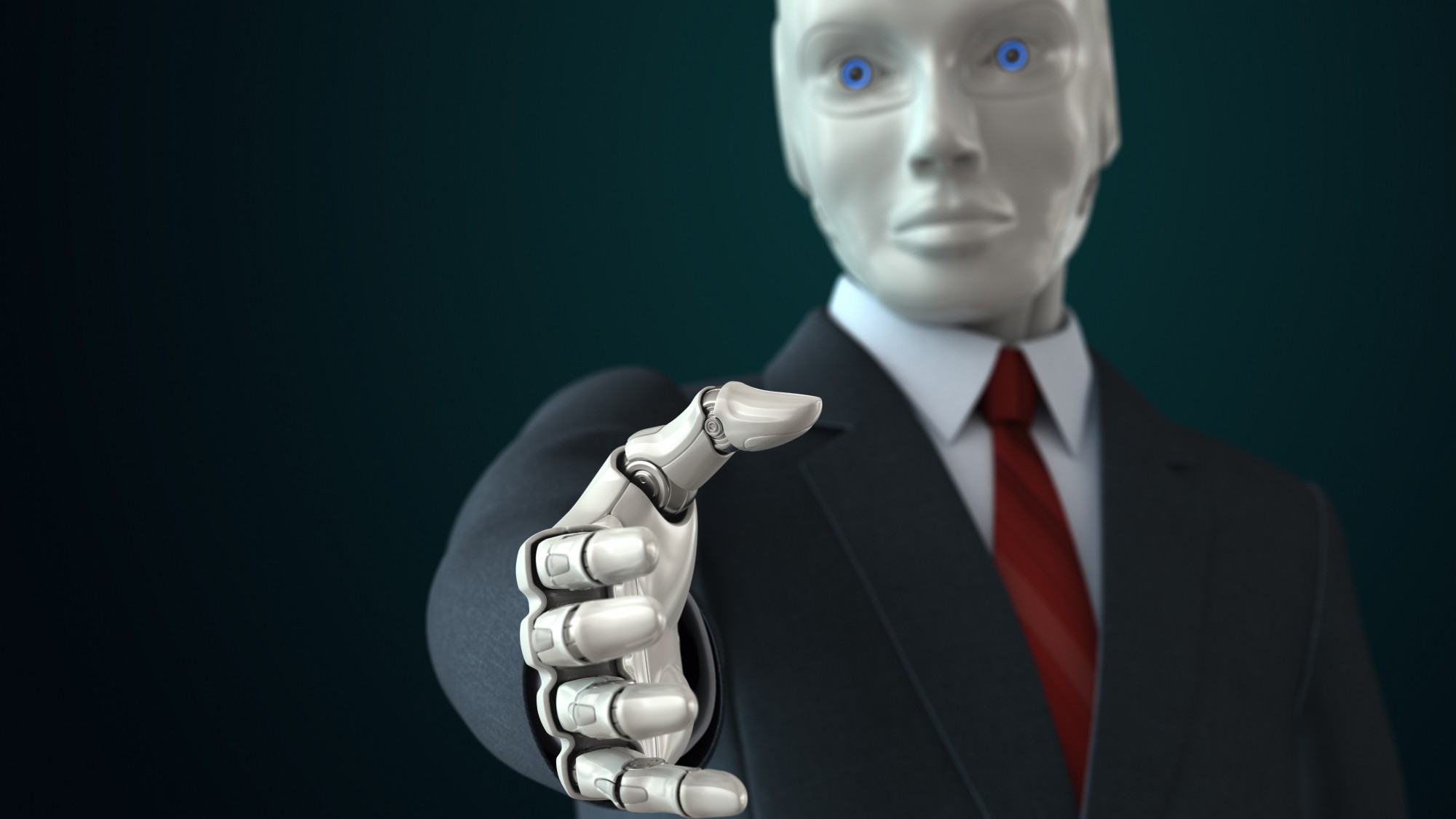 Why 'faceless bots' are interviewing job hunters
Why 'faceless bots' are interviewing job huntersIn The Spotlight Artificial intelligence is taking over a crucial part of recruitment
-
 Champagne problems: migrant vineyard workers treated 'like slaves'
Champagne problems: migrant vineyard workers treated 'like slaves'Under the Radar Convictions spotlight the 'exploitation and misery' at the heart of the 'glamorous' industry